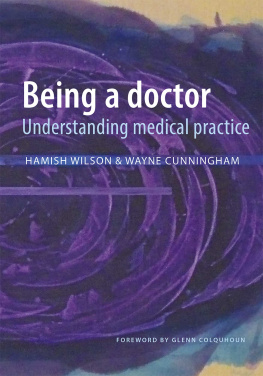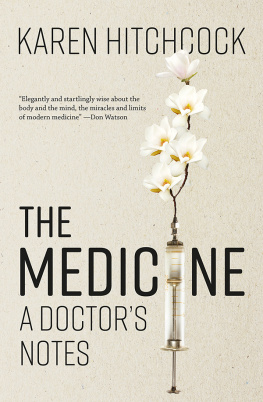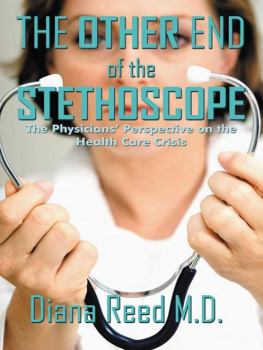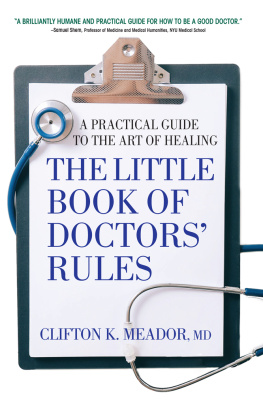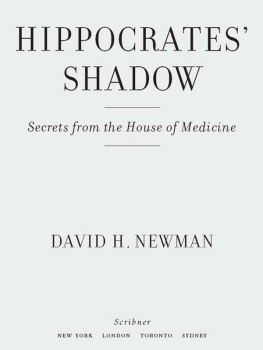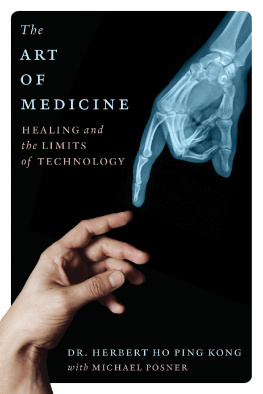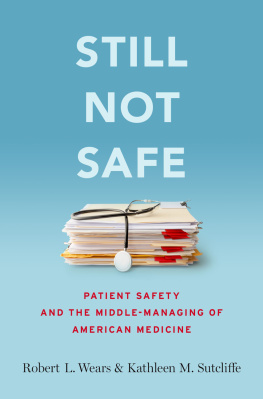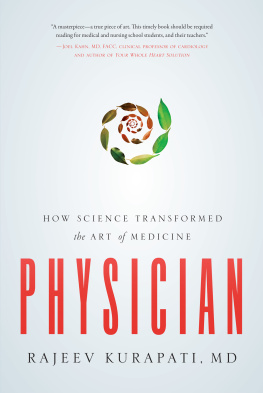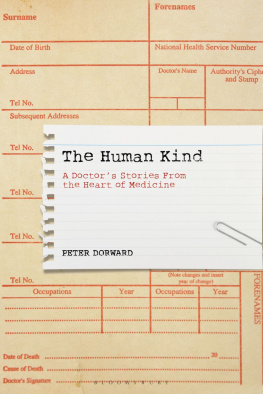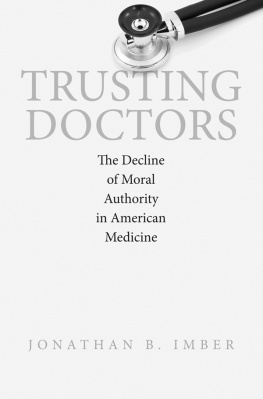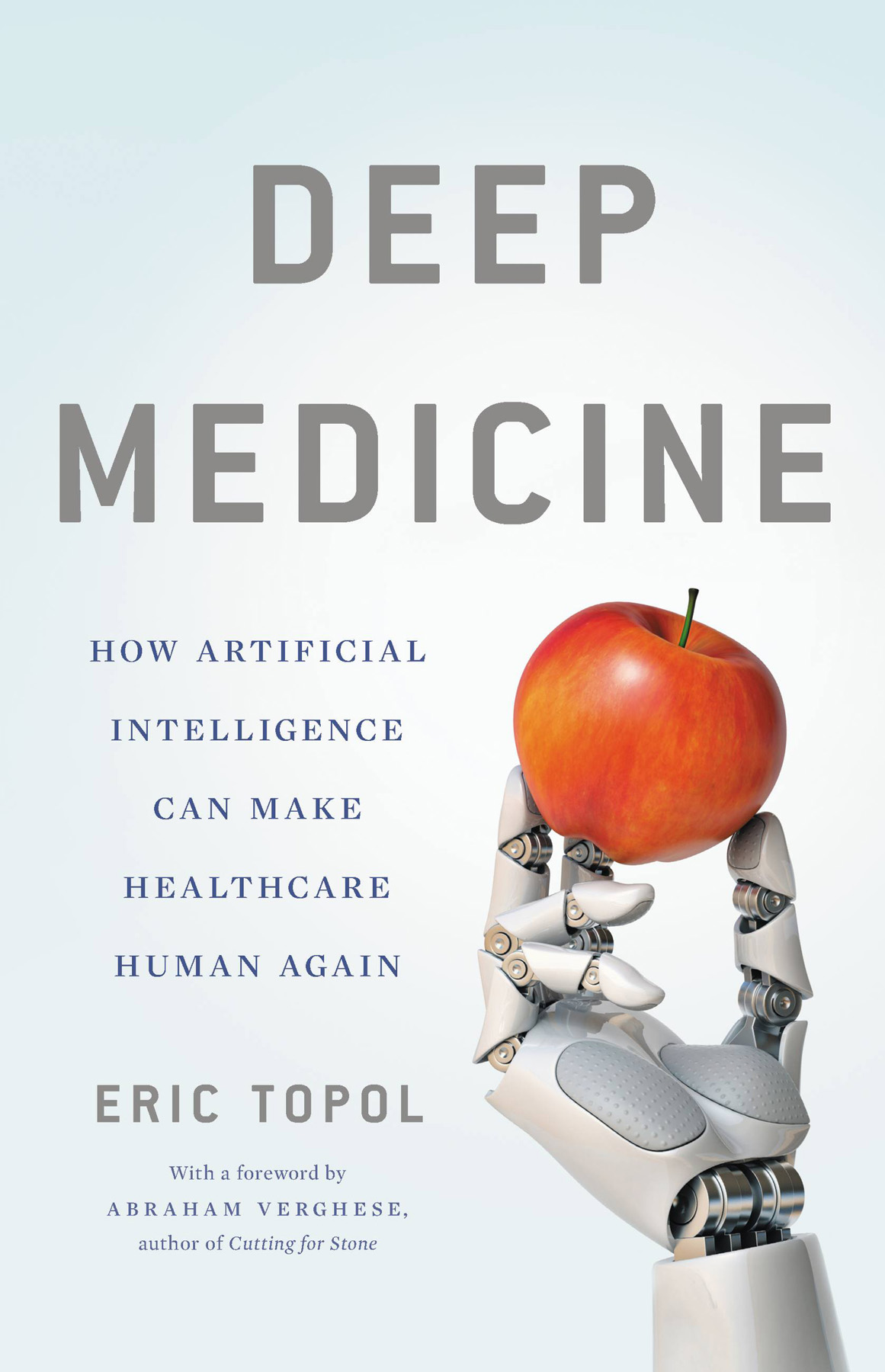Life can only be understood backwards; but it must be lived forwards.
S REN K IERKEGAARD
A MONG THE MANY CHARACTERISTICS THAT MAKE US HUMAN and that distinguish us from other animals must be our urge to look back. It is hard to imagine that other species brood late at night about the one that got away or a job they could have had. But we also do it as a form of scholarship, looking back at ourselves as a species, as if we were the Creator, poring through recorded history, charting the milestones of progress, from the harnessing of fire to the microchip. Then we try to make sense of it.
Kierkegaards thesis that we live life forward but understand it backward might mean nothing more than we remember the past, and at best we have an (inaccurate) record of it. But with apologies to him and to George Santayana, understanding history does not provide immunity to repeating it. A cursory scan of the news shows this to be true. In short, even as a guide to what to avoid, the past is unreliable. Only the future is certain because it is still ours to make.
Which brings us to futurists, like the author of this wonderful book. Such individuals, on hearing that the Wright brothers became airborne, can foresee budget airlines, airline hubs, and humans walking on the moon. These historians of the now begin with the study of what is today, asking not how to avoid the perils of the past but how to maximize the advantages of the future. Pencil and paper, or tablet, in hand, they patrol the frontiers of science and tech and interview those at the cutting edge, including those who have tumbled over. They seek out innovators, scientists, mavericks, and dreamers. They listen, they monitor, they filter, and they synthesize knowledge across many disciplines to make sense of it all for the rest of us. As Deep Medicine will show you, theirs is a formidable intellectual task and an extraordinarily creative one. It involves as much right brain as left, and it invokes the muses, because what is in this book is as much inspiration as it is exposition.
Deep Medicine is Eric Topols third exploration of what will be. The previous books, examined in the light of where we are now, reveal his prescient vision. In Deep Medicine, Eric tells us we are living in the Fourth Industrial Age, a revolution so profound that it may not be enough to compare it to the invention of steam power, the railroads, electricity, mass production, or even the computer age in the magnitude of change it will bring. This Fourth Industrial Age, revolving around artificial intelligence (AI), robotics, and Big Data, heralds a profound revolution that is already visible in the way we live and work, perhaps even in the way we think of ourselves as humans. It has great potential to help, but also to harm, to exaggerate the profound gap that already exists between those who have much and those who have less each passing year.
This revolution will overtake every human endeavor, medicine not least among them. Medicine itself is at a moment of crisis. As a profession, for all the extraordinary advances in the art and science of medicine in the last four decades, we have too often failed our patients. We fail to follow proven guidelines, and we fail in the art by not seeing the unique person in front of us. We know their genome, but by not listening to their story, we dont register their broken heart. We fail to see the neurofibroma that are raising lumps all over their skin, a finding that is relevant to their paroxysmal hypertension but that does need the gown to come off during the exam, does need our attention to be on the body and not on the screen; we miss the incarcerated hernia that explains an elderly patients vomiting and have to wait for an expensive CAT scan and a radiologist to tell us what was before our eyes. Countries with the biggest expenditures on healthcare lag behind those that spend much less in basic rankings such as infant mortality. I think it is very telling that Deep Medicine opens with a profound, personal, revealing anecdote of the authors own painful and harrowing medical encounter that was a result of not being seen as an individual, someone with an uncommon disorder.
It should not surprise us that technology, despite the dramatic way it has altered our ability to image the body, to measure and monitor its molecular structure, can also fail just as badly as humans fail. The glaring example is in the electronic healthcare record systems (EHRs) currently in use in most hospitals. These EHRs were designed for billing, not for ease of use by physicians and nurses. They have affected physician well-being and are responsible for burnout and attrition; moreover, they have forced an inattentiveness to the patient by virtue of an intruder in the room: the screen that detracts from the person before us. In Intoxicated by My Illness, a poignant memoir about a mans ultimately fatal prostate cancer, Anatole Broyard articulates a wish that his urologist would brood on my situation for perhaps five minutes, that he would give me his whole mind just once, be bonded with me for a brief space, survey my soul as well as my flesh, to get at my illness,


